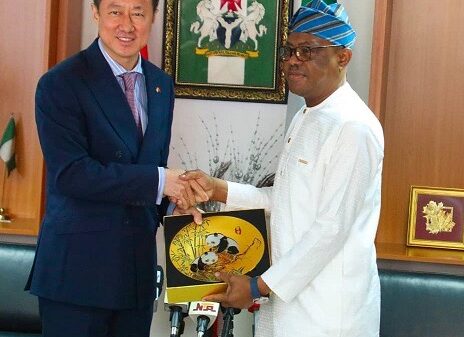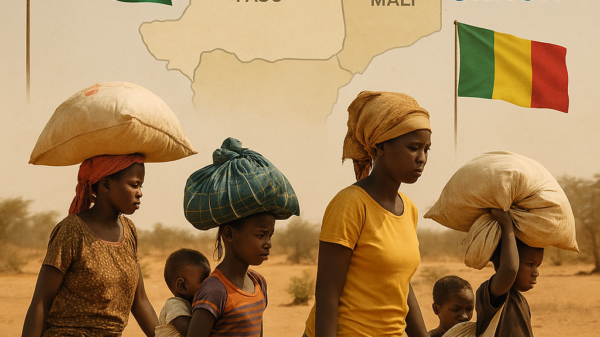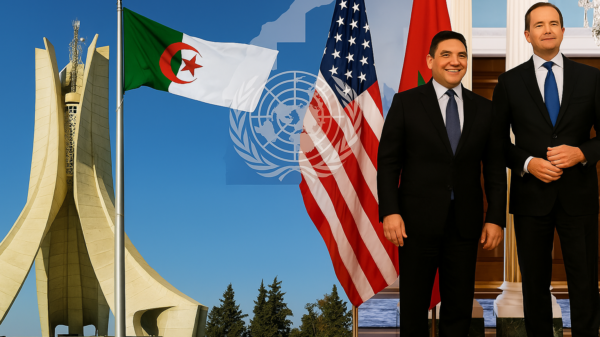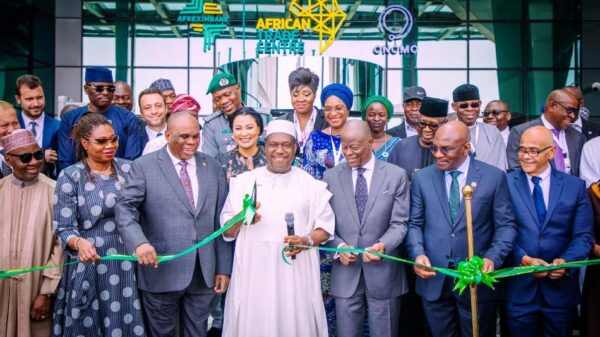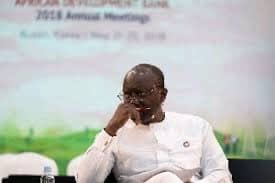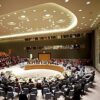The Economist Intelligence Unit (EIU) has expressed doubt with Government of Ghana’s ability to conclude negotiations with private creditors by the mid-year of 2024, thereby, advising the government to be cautious with the negotiations with private creditors or Eurobond holders.
The Unit indicated that, these creditors are likely to demand distinct and intricate restructuring terms compared to bilateral creditors. This comes after Ghana’s Finance Ministry announced the government’s intention to initiate negotiations with Eurobond holders and commercial creditors, seeking a 40% haircut on coupons.
“I am expecting that we negotiate in good faith to ensure the country comes back quicker than later”, Mr Ken Ofori-Atta expresses high hopes despite experts’ doubts.
However, Mr Benedict Craven, a Principal Economist with the EIU, who spoke on Africa Outlook 2024, highlighted the challenges of negotiating with private creditors, particularly in countries like Ghana and Zambia, who have complex creditor profiles.
“Countries with a more complex creditor profile like Ghana and Zambia, they’ve had setbacks in pretty much every stage of the restructuring, and it doesn’t seem like any of the countries would be able to conclude talks before mid-year”, he predicted.
“Our new concern here is the optics: the oldest delays sent to other sovereigns with high-risk effects”, he pointed out, noting: “Perhaps, you need to conceal the impending default rather than pursuing early debt treatment.”
Mr Craven suggested that Zambia and Ghana could set a precedent if they accelerate early-stage negotiations but emphasised fundamental disagreements among creditor groups and official creditors themselves.
“One of the issues that have cropped up in the G20 framework is that even if you get the deal among the official creditors who get classified, there’s no guarantee that there’ll be a compatibility of treatment that’s acceptable to private creditors and vice versa. So, in Zambia’s case, the private creditors can come up with a deal and can be rejected by official creditors”.
“It’s issues like this that are really going to contribute to the slow process every time creditors are confronted with a different debt profile from a different sovereign,” he added.
Mr Ofori-Atta aims to build on the momentum following the recent deal with bilateral creditors to restructure around $5.3 billion.
Meanwhile, President Alassane Ouattara, last week, officially announced a Eurobond issuance confirming earlier speculation of an imminent eurobond, positioning Côte d’Ivoire as the first sub-Saharan African nation to rejoin international markets post-Covid-19.
It aims to return to the markets, seeking to raise $2.5 billion.
President Ouattara directed Finance Minister Adama Coulibaly to expedite the process, with indications pointing to a $2.5 billion eurobond issuance.
Leading the financial efforts are Rothschild, Standard Bank, and Deutsche Bank.
“This involves repurchasing bonds issued a few years ago, with anticipated proceeds [from those bonds] insufficient,” says a source. Côte d’Ivoire aims to tackle the approaching maturities of its external debt, with Rothschild serving as the financial advisor. A team from the French bank visited Abidjan at the close of the previous year.
While global eurobond rates hover at 4%, Côte d’Ivoire is expected to close around 5% to 6%. Standard Chartered Bank and Deutsche Bank will assist in this operation.
In the 2024 Ivorian budget, exceeding 13,720 billion CFA francs (nearly 21 billion euros), treasury operations total 5,851 billion CFA francs. Of this, 3,447 billion CFA francs are slated for procurement from local and international financial markets.
In 2023, Côte d’Ivoire launched a syndicated loan, again with Standard Chartered, backed by the World Bank, IMF, and other partners. Globally, the bond market is still dominated by the United States and China, constituting over 55% of issuances.







